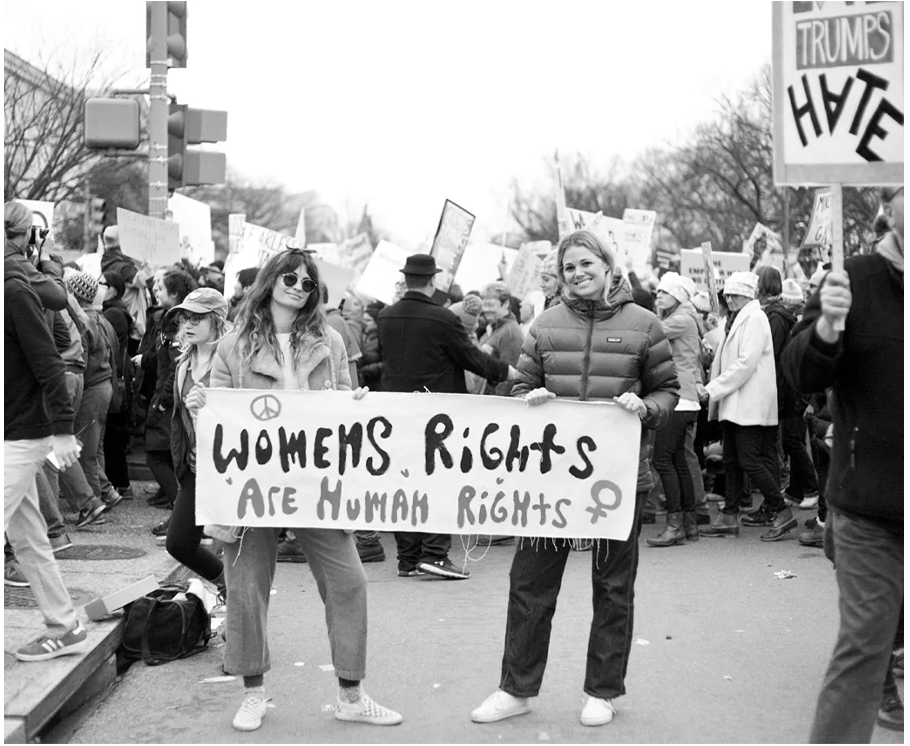2023 Impact Update
INTRODUCTION
Our mission at DÔEN is to create lasting, beautiful collections while supporting women-identifying individuals in all aspects of our organization, value chain, and community. In 2023, we formalized that mission with the creation of our impact strategy, our 2030 Roadmap, which defines our approach to business: to view our supply chain as a value chain and to commit to creating more environmental and social value across every tier and function of that model.
Within that framework, we rely on four pillars: a commitment to traceability across our value chain, an environmental strategy rooted in fighting climate change, a social strategy focused on responsibility and female empowerment, and community advocacy through thoughtful partnerships.

Our Four Pillars
TRACEABILITY
Across our value chain
ENVIRONMENTAL
Stewardship rooted in fighting climate change
SOCIAL
Responsibility through female empowerment
COMMUNITY
Advocacy built on thoughtful partnerships
One year later, we are delighted to share with our DÔEN community an update on our 2030 Roadmap, detailing the progress we have made in the last year and where we are looking to go in 2024 and beyond.
Building on the momentum of the Roadmap, we grew our Impact team and immediately launched our Preferred Material Strategy, a core part of our carbon reduction efforts. We made significant business changes to reduce our carbon footprint, especially our Scope 1 emissions. Our recommerce community, Hand Me Dôen, continued to grow, reflecting the interest our customer has in shopping resale and preserving the heritage nature of our garments. We prioritized traceability initiatives to enhance both our environmental and social impact across our business and to keep our community informed of those efforts.
We entered into new impact partnerships with organizations like Homeboy Threads to repurpose our textile waste, and continued to commit to pre-existing partnerships with organizations like RISE to bring female empowerment training to our garment workers. We are proud of what we have accomplished in 2023 and know that we have a lot more to tackle to reach our ambitious goals outlined in the 2030 Roadmap. As always, we greatly appreciate the support and feedback from our community along the way.
Scroll down to see some highlights and read our full report here.
OUR COMMITMENT TO TRACEABILITY
We are committed to understanding and supporting every tier of our value chain —from the farms where our raw materials originate to the garment workers who carefully cut and sew our garments, and all the hands in between. We are working diligently to increase our visibility across our value chain by conducting our own due diligence and engaging with third party experts to trace our materials down to the farm level, ensuring our values are aligned at every step of the way.
We also aim to be as transparent as possible with our community about our value chain and how our garments are made. In 2023 we designed and launched our own Impact Icons to share preferred characteristics about our value chain on a product level. These icons highlight the preferred qualities of our raw materials, manufacturing processes, and production partners and – we hope – make those attributes as easy to understand as possible for our community.
OUR ENVIRONMENTAL STRATEGY
Our environmental strategy is centered on reducing our carbon footprint across the entire value chain, with goals aligned to the Science-Based Targets initiative (SBTi). We’re proud that we achieved our annual Scope 1 and Scope 3 reduction goals in 2023. To further reduce our footprint, we introduced a Preferred Material Strategy aimed at sourcing 100% lower-impact materials by 2030. We equipped our teams and value chain partners with preferred material trainings, crafted our first Animal Welfare Policy, and explored innovative sourcing initiatives.
Our waste reduction efforts continued in our offices, where we enhanced energy efficiency operations, composted food scraps, and partnered with Homeboy Threads to recycle textile waste. Across our value chain, we’re developing recycled packaging, experimenting with 3D sampling, creatively using leftover fabrics, and fostering our re-commerce community, Hand Me DÔEN. HMD is an example of a successful circular economy business where our community can preserve the heritage nature of our garments by passing them on to someone else to treasure.
OUR SOCIAL STRATEGY
In our 2030 Roadmap, we set out ambitious goals to create a new precedent for brand-factory relationships with a strong emphasis on bringing impact programming through RISE (Reimagining Industry to Support Equality). In 2023, we expanded our product assortment into exciting new categories, like outerwear and suiting, and thus needed to explore new partners and regions for these sourcing opportunities.With the 2030 Roadmap as our North Star and the growing needs of our business propelling us forward, we revisited our responsible sourcing strategy. In 2024 and beyond, we are investigating further our purchasing practices as a key indicator in worker wellbeing, bringing the RISE program to our factory partners, and making more of our product with preferred partners.
OUR COMMUNITY ADVOCACY
As a company founded and run by women—women make up 92% of our employees—we are passionate about female advancement that goes beyond our company operations. As a result, we’ve always sought out philanthropic partnerships that reflect our vision of progress and equality while contributing to their causes. The year 2023 was no exception, and we continued our pledge of support by engaging with our longtime partners Room to Read, Kindred Space LA, and Planned Parenthood LA throughout the year.

CONCLUSION
2023 marked the first year of implementing our 2030 Roadmap, and while we’re proud of what we’ve accomplished, we learned even more along the way. As expected, much of this work will continue to be iterative and require constant reevaluation. We will continue to invest in more foundational work along with tackling each of our roadmap goals. And as always, we will keep you updated on our progress.
*Download full report








